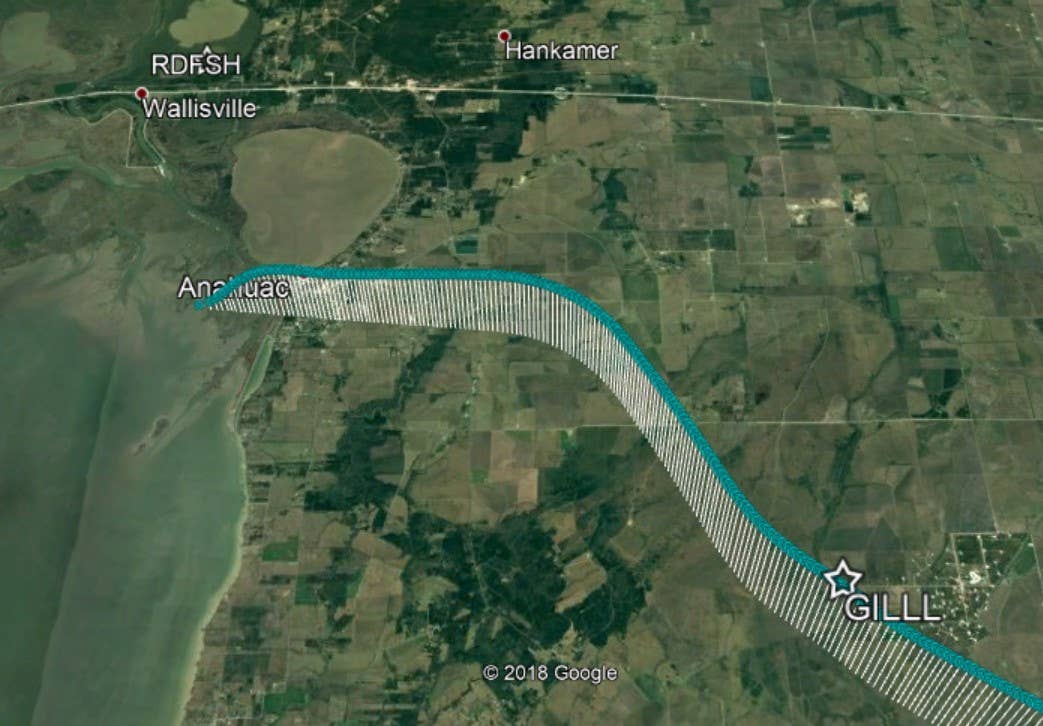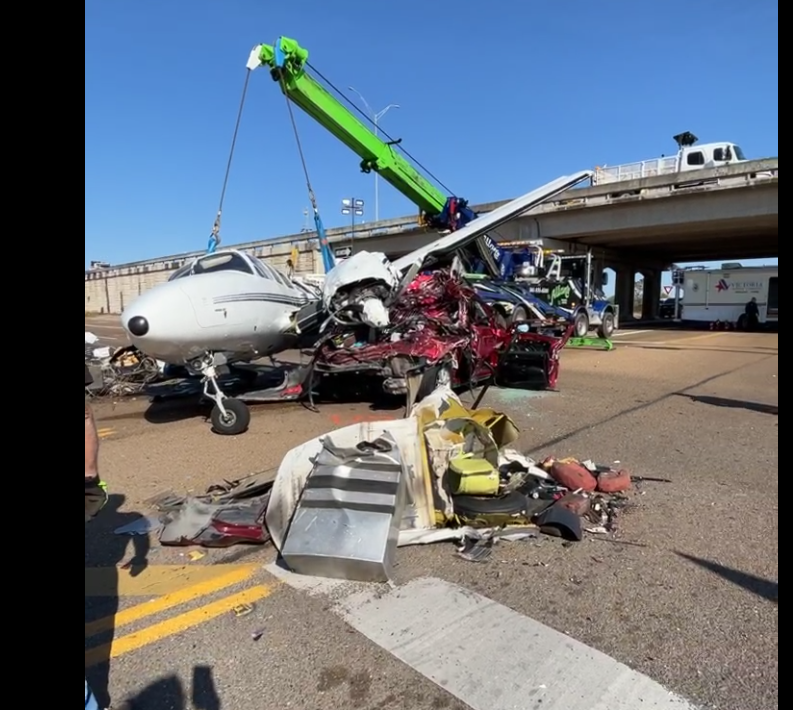NTSB Cites Pilot Performance In Atlas Air Crash
The National Transportation Safety Board (NTSB) has determined that the Feb. 23, 2019, crash of Atlas Air Flight 3591 was most likely caused by the first officer’s failure to respond…

Image: NTSB
The National Transportation Safety Board (NTSB) has determined that the Feb. 23, 2019, crash of Atlas Air Flight 3591 was most likely caused by the first officer’s failure to respond appropriately to an inadvertent activation of the Boeing 767 cargo jet’s go-around mode on approach to George Bush Intercontinental/Houston Airport (IAH). According to the board's report (PDF), the resultant spatial disorientation led the first officer to put the aircraft into a “steep descent from which the crew did not recover.” The investigation also concluded that the first officer had a history of training performance difficulties along with a “tendency to respond impulsively and inappropriately when faced with an unexpected event during training scenarios.”
“While the first officer took deliberate actions to conceal his history of performance deficiencies, Atlas’ reliance on designated agents to review pilot background records and to flag significant concerns was inappropriate and resulted in the company’s failure to evaluate the first officer’s unsuccessful attempt to upgrade to captain at his previous employer,” the NTSB stated. “Additionally, the NTSB found that had the FAA met the deadline and complied with the requirements for implementing the pilot records database as stated in Section 203 of the Airline Safety and Federal Aviation Administration Extension Act of 2010, the pilot records database would have provided hiring employers relevant information about the first officer’s employment history and long history of training performance deficiencies.”
As previously reported by AVweb, the aircraft jet went down about 40 miles from IAH in Trinity Bay, Texas, killing the captain, first officer and a jumpseat pilot. The board also cited the captain’s “failure to adequately monitor the airplane’s flightpath and to assume positive control of the airplane to effectively intervene” to as a contributing factor in the accident. As a result of the investigation, the NTSB has issued six new safety recommendations aimed at addressing “flight crew performance, industry pilot hiring process deficiencies and adaptations of automatic ground collision avoidance system technology.”






